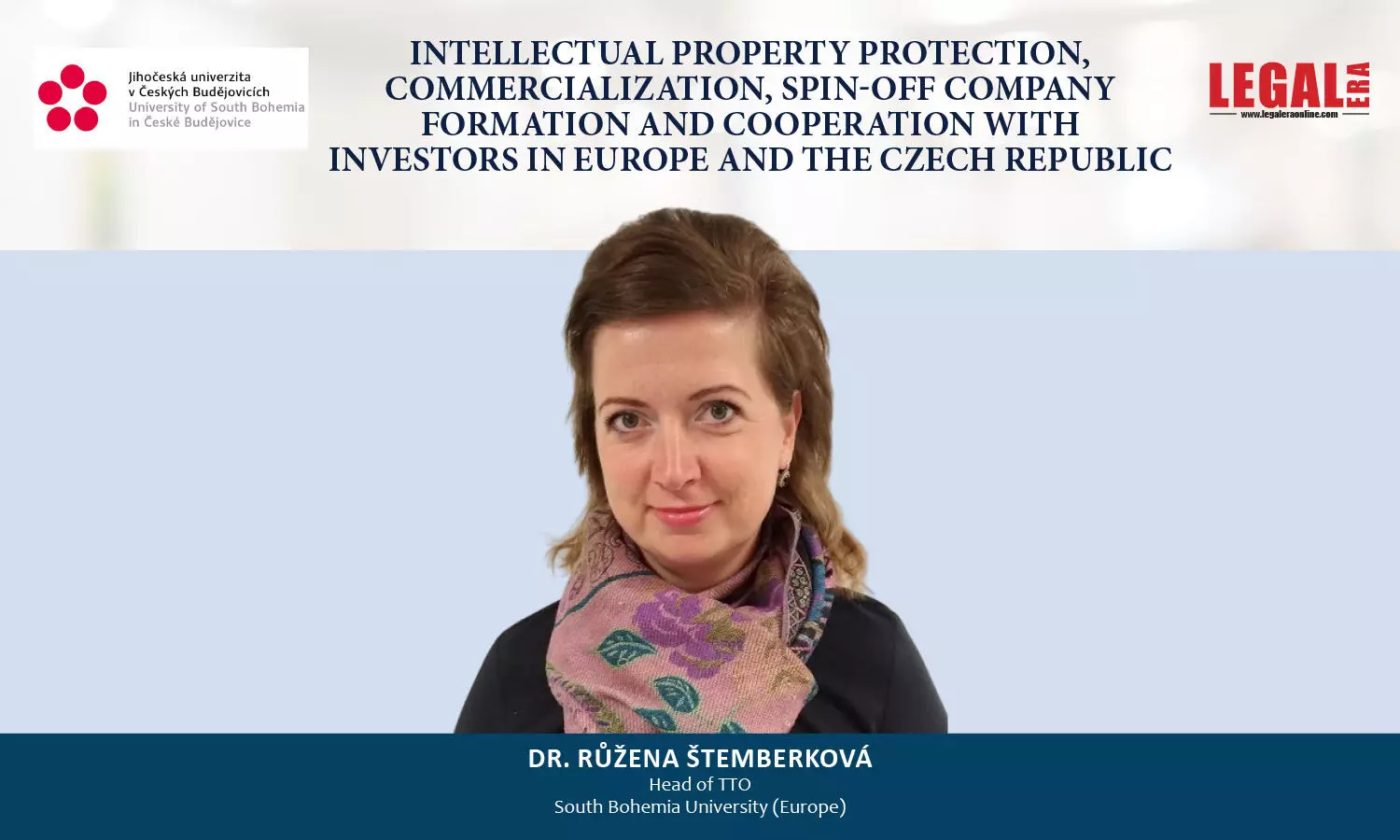- Home
- News
- Articles+
- Aerospace
- Artificial Intelligence
- Agriculture
- Alternate Dispute Resolution
- Arbitration & Mediation
- Banking and Finance
- Bankruptcy
- Book Review
- Bribery & Corruption
- Commercial Litigation
- Competition Law
- Conference Reports
- Consumer Products
- Contract
- Corporate Governance
- Corporate Law
- Covid-19
- Cryptocurrency
- Cybersecurity
- Data Protection
- Defence
- Digital Economy
- E-commerce
- Employment Law
- Energy and Natural Resources
- Entertainment and Sports Law
- Environmental Law
- Environmental, Social, and Governance
- Foreign Direct Investment
- Food and Beverage
- Gaming
- Health Care
- IBC Diaries
- In Focus
- Inclusion & Diversity
- Insurance Law
- Intellectual Property
- International Law
- IP & Tech Era
- Know the Law
- Labour Laws
- Law & Policy and Regulation
- Litigation
- Litigation Funding
- Manufacturing
- Mergers & Acquisitions
- NFTs
- Privacy
- Private Equity
- Project Finance
- Real Estate
- Risk and Compliance
- Student Corner
- Take On Board
- Tax
- Technology Media and Telecom
- Tributes
- Viewpoint
- Zoom In
- Law Firms
- In-House
- Rankings
- E-Magazine
- Legal Era TV
- Events
- Middle East
- Africa
- News
- Articles
- Aerospace
- Artificial Intelligence
- Agriculture
- Alternate Dispute Resolution
- Arbitration & Mediation
- Banking and Finance
- Bankruptcy
- Book Review
- Bribery & Corruption
- Commercial Litigation
- Competition Law
- Conference Reports
- Consumer Products
- Contract
- Corporate Governance
- Corporate Law
- Covid-19
- Cryptocurrency
- Cybersecurity
- Data Protection
- Defence
- Digital Economy
- E-commerce
- Employment Law
- Energy and Natural Resources
- Entertainment and Sports Law
- Environmental Law
- Environmental, Social, and Governance
- Foreign Direct Investment
- Food and Beverage
- Gaming
- Health Care
- IBC Diaries
- In Focus
- Inclusion & Diversity
- Insurance Law
- Intellectual Property
- International Law
- IP & Tech Era
- Know the Law
- Labour Laws
- Law & Policy and Regulation
- Litigation
- Litigation Funding
- Manufacturing
- Mergers & Acquisitions
- NFTs
- Privacy
- Private Equity
- Project Finance
- Real Estate
- Risk and Compliance
- Student Corner
- Take On Board
- Tax
- Technology Media and Telecom
- Tributes
- Viewpoint
- Zoom In
- Law Firms
- In-House
- Rankings
- E-Magazine
- Legal Era TV
- Events
- Middle East
- Africa

Intellectual Property Protection, Commercialization, Spin-Off Company Formation And Cooperation With Investors In Europe And The Czech Republic
Intellectual Property Protection, Commercialization, Spin-Off Company Formation And Cooperation With Investors In Europe And The Czech Republic

Intellectual Property Protection, Commercialization, Spin-Off Company Formation And Cooperation With Investors In Europe And The Czech Republic Europe has been quite active in the commercialisation of innovation, with some countries such as the UK, Germany and Sweden having strongly established ecosystems to support spin-offs. In the Czech Republic, support for spin-off companies is still in...
To Read the Full Story, Subscribe to Legal Era News
Access Exclusive Legal Era Stories, Editorial Insights, and Expert Opinion.
Already a subscriber? Sign in Now
Intellectual Property Protection, Commercialization, Spin-Off Company Formation And Cooperation With Investors In Europe And The Czech Republic
Europe has been quite active in the commercialisation of innovation, with some countries such as the UK, Germany and Sweden having strongly established ecosystems to support spin-offs. In the Czech Republic, support for spin-off companies is still in its early stages, with most research and development taking place at universities and research institutions. Czech spin-offs face challenges such as a lack of experienced managers and investment, which slows down their growth
Abstract
In the modern world, the protection of intellectual property (IP) is crucial to foster innovation, the creative process and economic growth. Creating value from ideas, inventions, technologies and creative works is the foundation of many successful companies and economies. In business, IP protection is often associated with the commercialisation of innovation, the establishment of spin-off companies and collaboration with investors. This process is particularly important in the context of technology transfer, a key mechanism for transferring new technologies from research institutions to the commercial sphere. In Europe, and specifically in the Czech Republic, there are different approaches to these issues that influence the success of innovation and entrepreneurial activities.
Intellectual Property Protection
Intellectual property includes the protection of rights to inventions, copyrights, trademarks, industrial designs and trade secrets. It is key to protecting innovative products and processes, enabling companies to maintain a competitive advantage. Without adequate protection, new technologies could easily be exploited by competitors, discouraging investment and weakening the innovative environment.

According to the European Commission, more than 130 000 patent applications were filed at the European Patent Office (EPO) in 2020, showing the high level of innovation in Europe (European Patent Office, 2020). Patents and trademarks are also linked to strong economic performance, as companies that invest in R&D and protect their innovations are more likely to succeed in global markets.
According to a study by the Technology Centre of the Czech Academy of Sciences (2021), the Czech Republic was ranked 25th among European countries in the number of patent applications per capita in 2020, which is lower than in some highly innovative countries such as Sweden or Finland
Commercialisation and spin-offs
Commercialisation of intellectual property is the process by which scientific and technical knowledge is transformed into commercially viable products and services. This includes not only the development of new products but also their commercialisation, which is often associated with the creation of new spin-off companies. Spin-off companies are mainly formed by academics or research institutions that decide to translate their research results into practice.
Europe has been quite active in the commercialisation of innovation, with some countries such as the UK, Germany and Sweden having strongly established ecosystems to support spin-offs. According to data from the European Commission, more than 5,000 spin-off companies were successfully established within the EU in 2019, representing a significant step in promoting technology transfer (European Commission, 2020).
In the Czech Republic, support for spin-off companies is still in its early stages, with most research and development taking place at universities and research institutions. Czech spin-offs face challenges such as a lack of experienced managers and investment, which slows down their growth. According to a study by KPMG (2020), the number of commercialised research projects in the Czech Republic is still relatively low compared to European countries. This situation is related to the lack of links between the academic and business sectors, which may be a challenge for future development.
Cooperation with investors
Successful commercialisation of innovations and the development of spin-off companies often depends on strong collaboration with investors. Investments can take many forms, from venture capital (VC) to European grants and research and innovation funds such as Horizon Europe. According to the European Commission, European venture capital investment reached a record level of €15.3 billion in 2020, reflecting the growing interest in innovative start-ups and spin-offs (European Commission, 2020).
In the Czech Republic, investment in start-ups and innovative companies has been growing in recent years. According to the CzechInvest report (2021), in 2020 the volume of investment in Czech start-ups was around CZK 3 billion, with more than 60% of this investment coming from foreign investors. This shows the interest in the Czech market, but also the need to expand cooperation with international investors and create more favourable conditions for domestic investment.
Technology transfer in Europe
Technology transfer is a process that enables the transfer of new technologies from research institutions to the commercial sphere. In Europe, this process is supported by various initiatives and institutions such as the European Innovation Agency (EIA) and Horizon Europe. Technology transfer is key to maintaining the competitiveness of European economies at the global level.
According to the European Commission’s Technology Transfer Report (2020), more than 10 000 technology transfers took place in Europe in 2019, of which more than 60% led to the creation of new products or services. This process is a key element for the development of innovation ecosystems and for ensuring long-term economic growth in Europe.
Comparison with the Czech Republic
In the Czech Republic, the situation regarding technology transfer and commercialisation of innovations is different than in some Western European countries. Although there are various initiatives such as support for start-ups, incubators and accelerators, the track record in research commercialisation and technology transfer is not as strong as in Western Europe. According to a study by the Technology Centre of the Czech Academy of Sciences (2021), the Czech Republic was ranked 25th among European countries in the number of patent applications per capita in 2020, which is lower than in some highly innovative countries such as Sweden or Finland.
One of the main reasons for this difference is the lower level of linkages between research institutions and the business sector. Czech universities and research institutions still face challenges in transferring research results into practice, which has a negative impact on the creation of spin-off companies and the commercialisation of new technologies.
Conclusion
Intellectual property protection, commercialisation of innovation, spin-offs and collaboration with investors are key factors for the development of an innovation economy in Europe. European countries such as Germany and the UK are at a high level in this area, while the Czech Republic still faces challenges such as low commercialisation rates and weak links between the academic and business sectors. Nevertheless, there is potential for improvement if cooperation between research institutions, businesses and investors can be strengthened and more favourable conditions created for the development of the innovation ecosystem.
References
1. European Patent Office (2020). ‘Annual Report 2020’. Available from: https://www.epo.org
2. European Commission (2020). “EU Investment Report 2020”. Available from: https://ec.europa.eu
3. KPMG (2020). “Technology and Innovation in the Czech Republic”. Available from: https://home.kpmg/cz
4. CzechInvest (2021). “Annual Report 2021”. Available from: https://www.czechinvest.org
5. Technology Centre of the CAS (2021). “Technology Transfer in the Czech Republic 2020”. Available from: https://www.tc.cz
Disclaimer – The views expressed in this article are the personal views of the author and are purely informative in nature.


